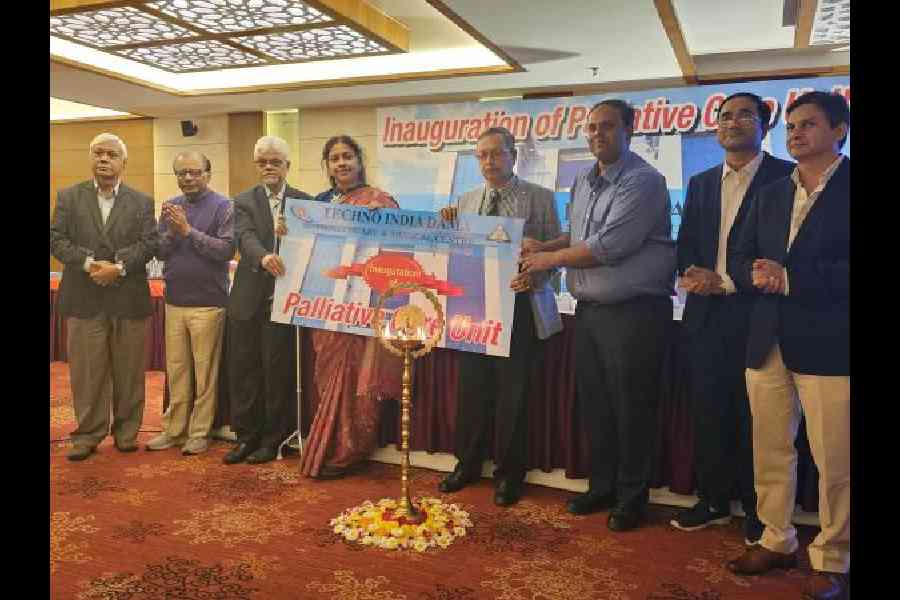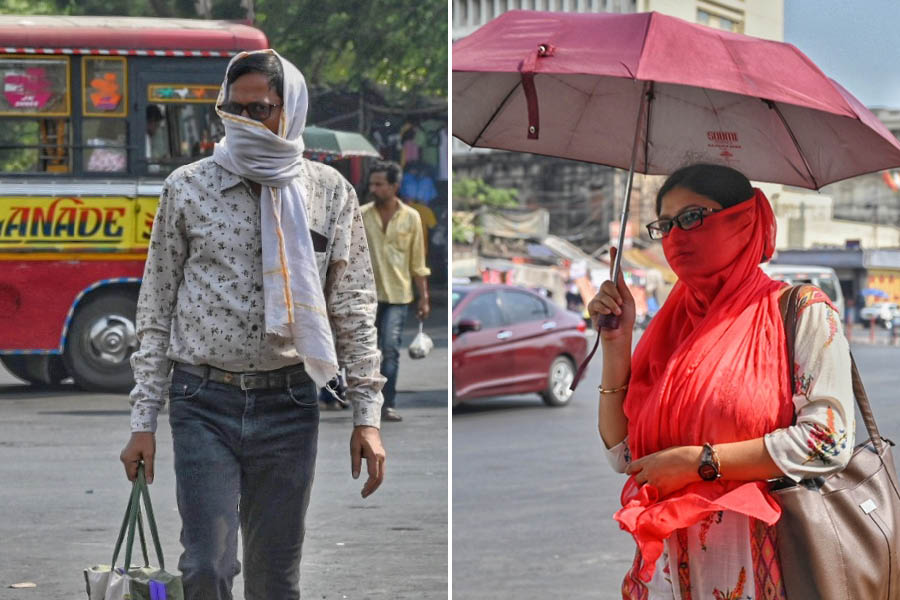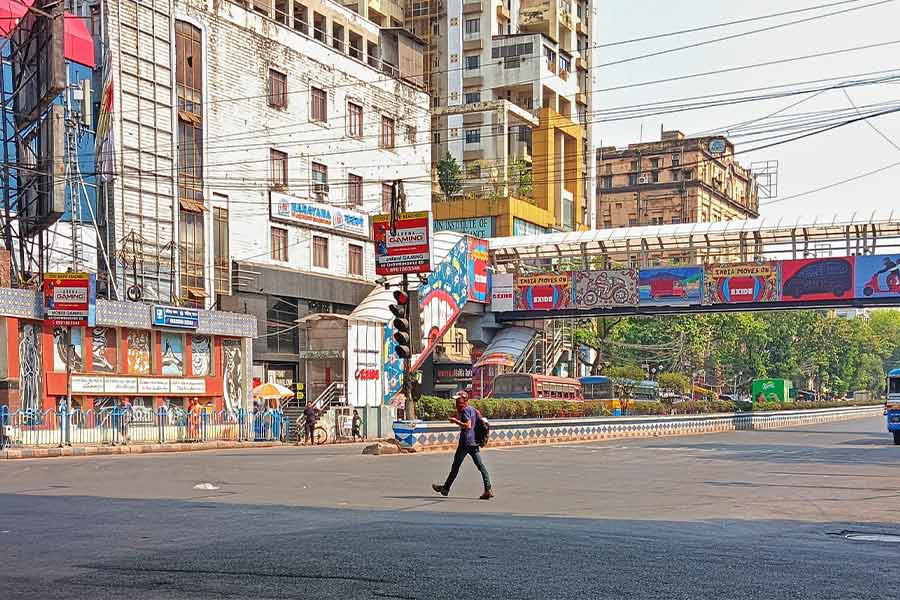Sufferings which have no end in sight might be alleviated by pain management treatment and care. A palliative care unit was opened recently at Techno India Dama Hospital which promises to provide support to advanced stage cancer patients for whom curative treatment is no longer an option.
With a large number of cancer patients in the city, Dr Sourav Ghosh, the medical director of the hospital, explained why the need was felt for the specialised unit which can admit patients whose symptoms cannot be managed at home. He described situations cancer patients would find themselves in when there is a spread of the disease a couple of years after a successful surgery. “Surgery is no longer possible, neither is radiation. Most doctors and nurses refuse to take responsibility for such difficult patients. This is where palliative care can bring some relief,” the oncologist said.

The launch of the palliative care wing of Techno India Dama Hospital
Picture by Sudeshna BanerjeeSuch patients, he pointed out, require holistic treatment. Recalling his days at Saroj Gupta Cancer Centre & Research Institute in Thakurpukur, he spoke of a pond inside the complex. "Most of the wards there are surrounding the pond. I used to think that it was for the viewing pleasure of visitors. But then I spotted patients coming out of the wards around 6am, long before outsiders would visit. With Ryles tube fixed to their foreheads with micropore, holding urobigs connected to their catheters, breathing through tracheostomy tubes, they would sit and gossip amongst themselves. This is the kind of holistic approach envisaged by Dr Saroj Gupta that takes care of the mental well-being of patients besides their physical care,” Dr Ghosh said.
He also recalled the words of Dr Arunava Sengupta, the chief of clinical services and surgery there, as the guideline for his philosophy of palliative care. "When I had asked him who I was to be accountable to, he had told me that I was to be accountable to myself. Even if I knew there was no more to be done, I would have to be there by the patient's bedside till the very end," he said.
Palliative care has improved in leaps and bounds, he pointed out. “Earlier, there was only pethidine and morphine. Now potent painkillers have become available like transdermal fentanyl, tramadol hydrochloride and buprenorphine. There are also so many tools for pain management like C-arm, interventional radiology and nerve block," he explained.
The palliative care wing is starting in a separate block of the hospital with 10 beds in the first phase. “Our out-patient department has started functioning from 8am to 8pm. We will start pain management as well,” Dr Ghosh added.
Dr Shyamal Sarkar, who heads the Indian Association of Palliative Care, West Bengal chapter, recalled starting the first palliative care unit at Calcutta Medical College and Hospital in 1994, which was the first such in the government sector in Bengal. “One has to keep adequate stock of morphine tablets to provide the patients relief from pain. In those early days, we had trouble sourcing morphine tablets. But rules and regulations are more relaxed now. It is also necessary to have a group of doctors, and trained nurses, even more importantly than doctors. The group should be multidisciplinary — with oncologists, orthopaedics, nephrologists and pulmonologists," pointed out the oncologist who is now in charge of the palliative care unit at the Techno India hospital.






